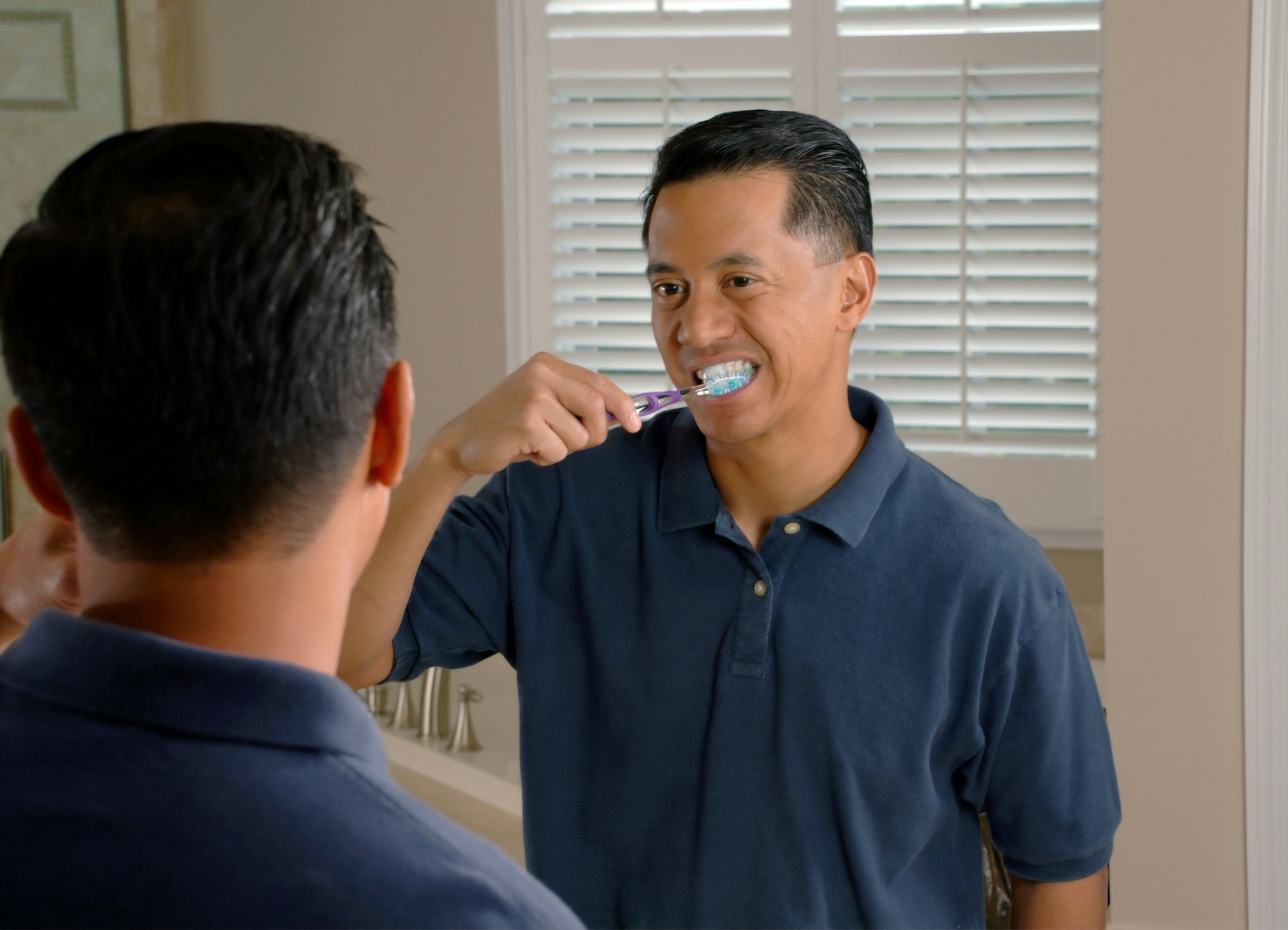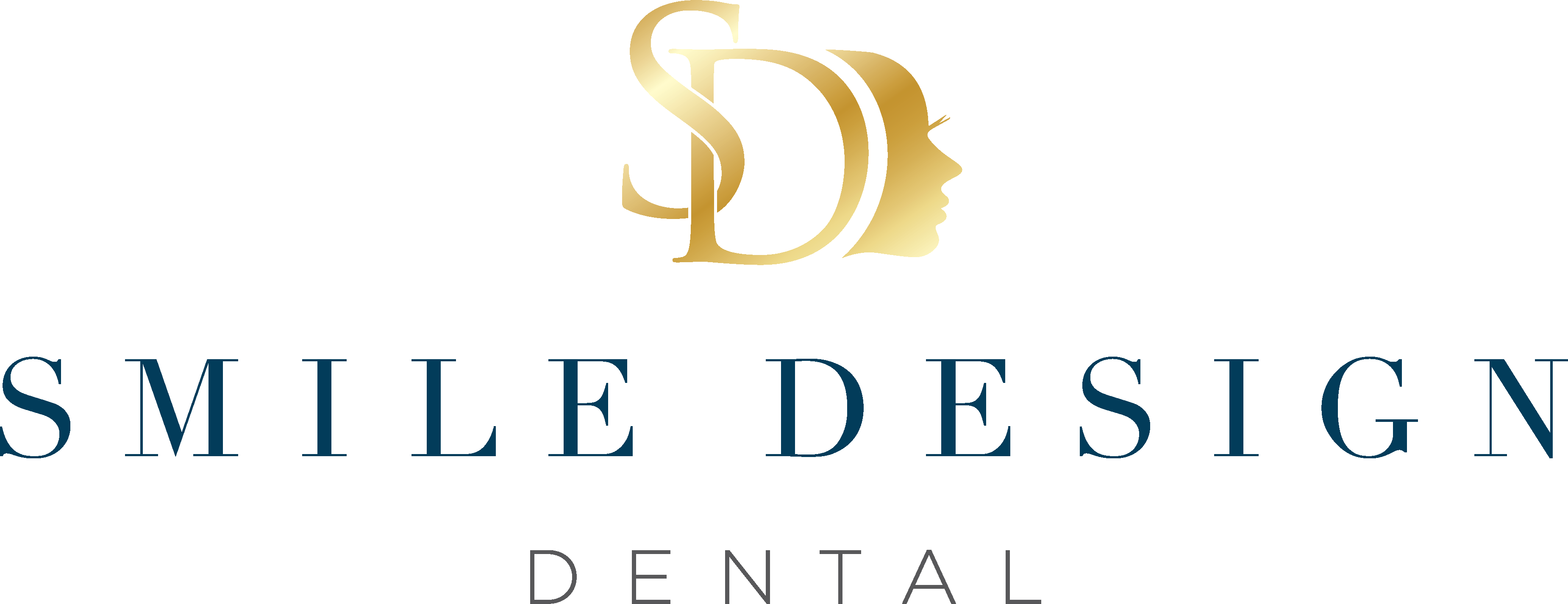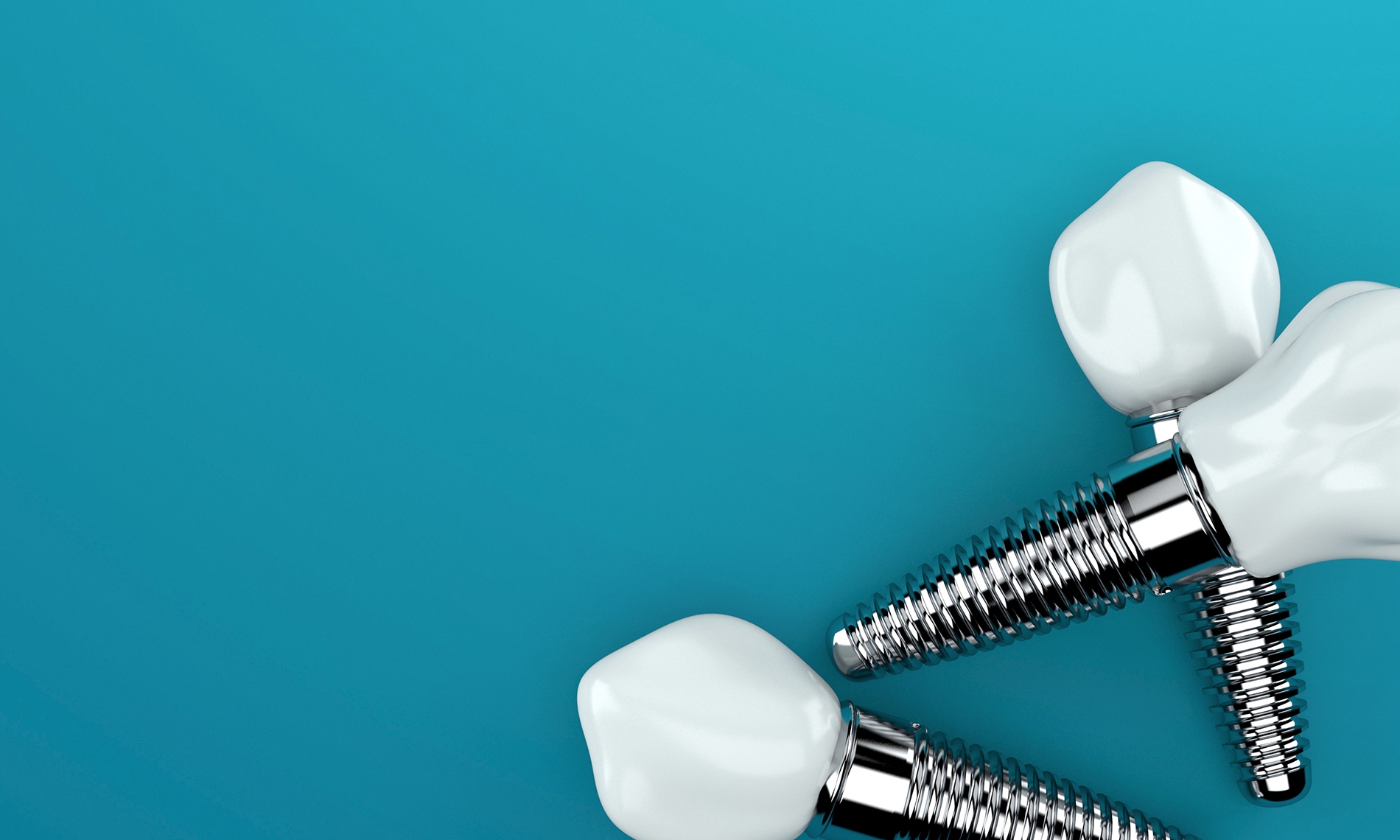
Tooth decay, a prevalent dental issue impacting individuals globally, poses a significant threat to oral health. In Australia alone, it remains one of the most common health problems, often leading to more serious complications if not addressed timely. This guide aims to equip you with expert tips and insights, shedding light on effective strategies to prevent tooth decay, ensuring your dental wellbeing remains at its peak.
Understanding Tooth Decay
Tooth decay, medically termed dental caries, is a process where the enamel of the teeth is gradually destroyed by acid-producing bacteria. These bacteria thrive on the sugars in our food and drinks, creating an acidic environment in the mouth that erodes the tooth enamel and dentine. Over time, this leads to cavities – small holes in the teeth that can grow larger and more problematic if left untreated.
Several factors contribute to tooth decay, including poor oral hygiene, frequent snacking on sugary foods, and not getting enough fluoride. Both children and adults are equally at risk of developing tooth decay, especially with the increasing consumption of sugary drinks and snacks.
The Role of Diet in Preventing Tooth Decay
Your diet plays a pivotal role in the health of your teeth. The Australian Dental Association (ADA) stresses the importance of limiting sugary and acidic foods and beverages. Sugary foods, such as lollies and pastries, and drinks like soft drinks and fruit juices, can significantly increase the risk of tooth decay. The bacteria in your mouth feed on these sugars, producing acids that attack the enamel.
To maintain healthy teeth, it’s recommended to adopt a diet rich in fruits, vegetables, whole grains, and lean proteins. Dairy products like cheese and yoghurt are not only low in sugar but also help in neutralising acids in the mouth. When it comes to snacking, opt for healthier alternatives like nuts or raw vegetables. Also, be mindful of hidden sugars in processed foods and aim to reduce their intake.
Importance of Oral Hygiene
Good oral hygiene is your first line of defence against tooth decay. The ADA advises brushing your teeth at least twice a day with fluoride toothpaste. Fluoride is crucial in preventing decay as it helps to remineralise tooth enamel and counteract the acids produced by bacteria. Additionally, don’t underestimate the power of flossing. Daily flossing removes plaque and food particles from areas where your toothbrush can’t reach.
Regular dental check-ups are essential. Dentists can spot early signs of decay and offer treatments before they escalate. They also provide professional cleaning to remove plaque and tartar build-up. It’s recommended to visit your dentist in Brisbane at least twice a year for a routine check-up.
Choosing the right products is equally important. opt for toothbrushes with soft bristles to avoid damaging your gums and tooth structure. When selecting toothpaste, look for the Australian Dental Association’s Seal of Approval to ensure you’re using a product that meets stringent safety and effectiveness standards.
Fluoride: A Key Ally in Decay Prevention
Fluoride, a naturally occurring mineral, is a fundamental component in the fight against tooth decay. It strengthens the tooth enamel, making it more resistant to acid attacks. Most Australian communities have fluoridated water, a public health initiative endorsed by the Australian Government and the World Health Organisation for its effectiveness in reducing dental decay.
Besides drinking fluoridated water, using fluoride toothpaste is an excellent way to ensure you’re getting enough fluoride. In some cases, your dentist might recommend additional fluoride treatments, especially if you’re at a higher risk of tooth decay. These treatments could include fluoride varnishes or gels applied directly to the teeth during dental visits or at home.
Sealants and Other Preventive Treatments
Dental sealants are another effective tool in preventing tooth decay. They are thin, protective coatings applied to the chewing surfaces of the back teeth (molars), where decay often starts. According to the Australian Dental Association, sealants can significantly reduce the risk of cavities in molars.
In addition to sealants, your dentist might suggest other preventive treatments depending on your individual needs. These could include antibacterial mouthwashes or treatments to manage dry mouth, which can increase the risk of decay.
Lifestyle Factors Affecting Dental Health
A person’s lifestyle choices can significantly impact their oral health. The Australian Dental Association underscores the importance of understanding these impacts. Smoking, for instance, is one of the leading causes of gum disease and oral cancer. It impedes blood flow to the gums, thereby hindering the healing process and facilitating the development of periodontal diseases.
Equally damaging is excessive alcohol consumption. It can lead to dehydration and dry mouth, reducing saliva flow, which is essential for neutralising acids produced by bacteria in the mouth. A dry mouth environment is more prone to tooth decay and other oral infections.
Moreover, a balanced diet plays a crucial role in dental health. Australian nutritional guidelines recommend limiting the intake of sugary and acidic foods and beverages to maintain oral hygiene. These dietary choices are not just crucial for overall health but specifically for preventing tooth decay.
Special Considerations for Children and Seniors
The Australian Institute of Health and Welfare highlights that dental care needs vary across different age groups. For children, early dental visits are crucial. These visits not only help in identifying potential dental issues early on but also instil good oral hygiene habits from a young age. The use of fluoride treatments and dental sealants is particularly beneficial for children, offering an additional layer of protection against cavities.
Seniors face unique challenges, such as a natural decrease in saliva production and wear and tear of dental restorations. Regular dental check-ups are imperative to address these age-related issues. Dentists can offer targeted treatments and advice, such as specialised fluoride treatments or adjustments to existing dental appliances, to cater to the specific needs of older adults.
Debunking Common Myths About Tooth Decay
There are several misconceptions about tooth decay that need to be addressed. A common myth is that sugar is the sole cause of cavities. In reality, it is the acid produced by bacteria feeding on sugar that leads to tooth decay. Another myth is the belief that cavities in baby teeth are not a concern. Contrary to this belief, cavities in baby teeth can affect the health of the underlying permanent teeth and should not be overlooked. The biggest predictor of decay in adult teeth is the presence of decay in baby teeth, so good oral care should start from the eruption of the first baby tooth.
Furthermore, many people believe that brushing harder will result in cleaner teeth. This is a misconception; aggressive brushing can damage tooth enamel and dentine and irritate gums. Gentle brushing with a soft-bristled toothbrush is recommended by Australian dental professionals.
Preventive Measures and Regular Dental Check-Ups
Preventive dental care is key to avoiding tooth decay. Regular dental check-ups enable early detection and treatment of problems before they escalate. Australian dental guidelines suggest that individuals should visit their dentist at least twice a year for routine check-ups and cleanings.
During these visits, dentists can provide personalised advice and professional cleanings that remove plaque and tartar build-up, areas that are difficult to reach through regular brushing and flossing. These visits are also an opportunity to discuss any concerns and receive guidance on improving oral hygiene practices.
Conclusion
In summary, preventing tooth decay is a multifaceted approach that encompasses maintaining a balanced diet, adhering to good oral hygiene practices, understanding the impact of lifestyle choices, and debunking common myths about dental care. Regular dental check-ups are fundamental in this preventative strategy.
For those in Kangaroo Point, Brisbane, seeking professional dental services, Smile Design Dental offers a comprehensive range of treatments. With a focus on preventive care and patient education, their team is dedicated to helping individuals achieve and maintain optimal oral health. Smile Design Dental represents a fusion of advanced dental techniques and personalised care, making it a trusted choice for those looking to safeguard their dental wellbeing.


